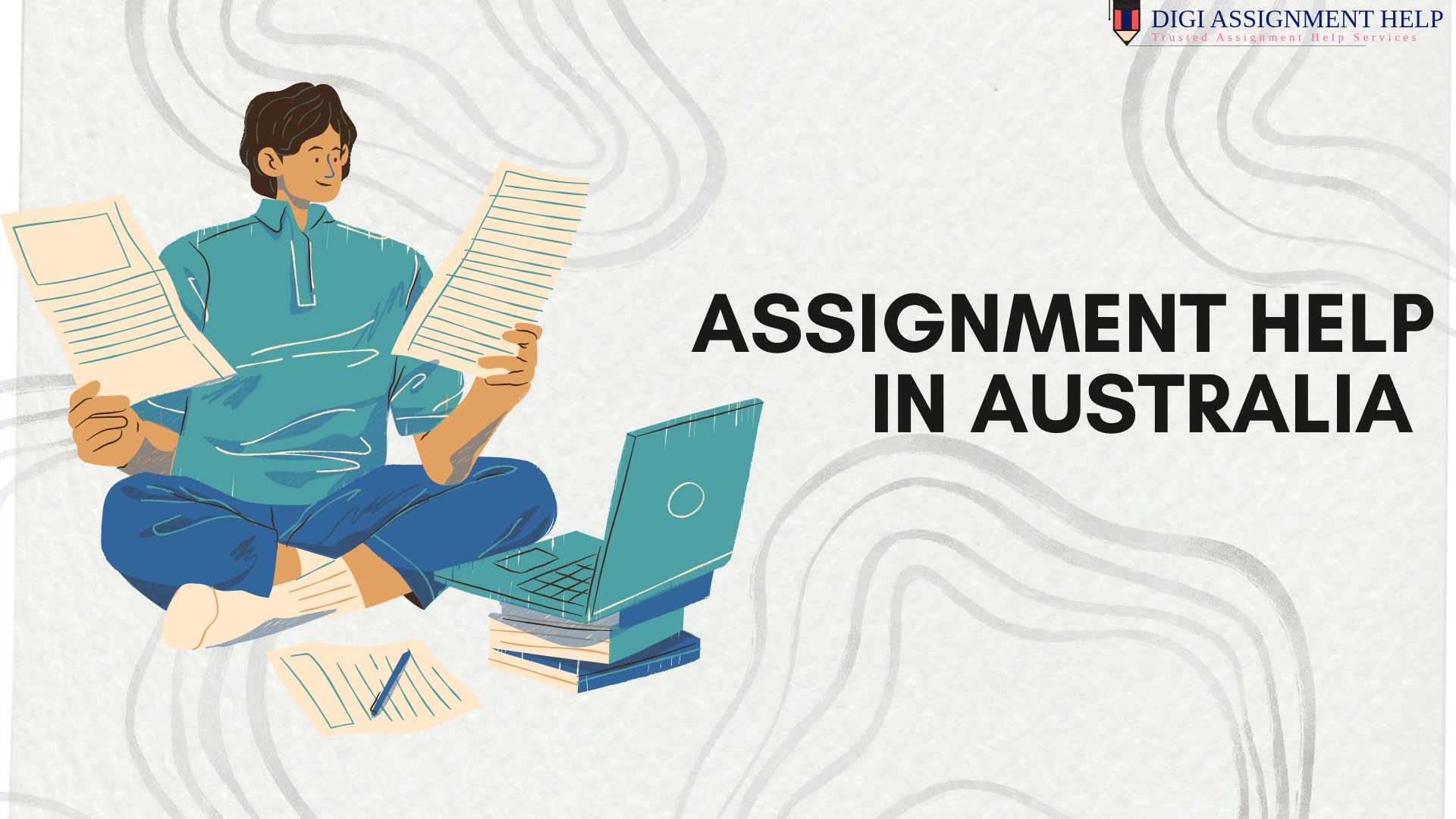Online Learning vs. Traditional Learning: Pros and Cons
 19-Jul-2024 07:19 AM
19-Jul-2024 07:19 AM

Despite a great hike in online learning platforms, traditional education is still on the run. After the world hit with a pandemic in late 2019, we have seen an increasing demand for online education. Traditional education comes with scheduled meetups of students at a place while engaging with teachers for additional concerns.
On the other hand, online learning allows students to complete their courses at their own convenience. Both modes of education have their own advantages and disadvantages. Students should know which mode is best for them and how. Let’s first understand both the modes - traditional learning and online learning.
What Is Traditional Education?
Traditional education is a way of learning where students and teachers are together in a classroom. This means that students go to a designated location to learn from their teacher. At different levels of education, this can either be a school, college, or university. This model necessitates the physical presence of both teachers and students within dedicated classrooms.
Traditional education mediums prefer face-to-face interactions among students and teachers who engage with each other for various purposes - doubts discussions, weekly assessments, project management, and more.
Furthermore, traditional education often incorporates hands-on learning experiences within the classroom setting, such as laboratory work. Students benefit from direct engagement with their peers through collaborative projects and group activities.
Pros Of Traditional Education
-
Organised Learning Structure: A predefined curriculum and schedule provide a consistent and structured framework for learning.
-
Fruitful Interactions: Students have immediate access to educators for clarification, guidance, and feedback, fostering a supportive learning environment.
-
Peer Interaction and Networking: The physical classroom facilitates the development of social skills, collaboration, and professional networks.
-
Career Recognition: Degrees earned from established traditional institutions often hold high value and are widely recognized.
Cons of traditional education
-
Lack of flexibility: Fixed schedules can be challenging for working professionals, leaving little room for work-study balance.
-
Requires more budget: Traditional education often involves higher tuition fees and additional costs such as accommodation and commuting.
-
Limited course options: Course availability is typically constrained by the institution’s resources and expertise.
What is online education?
Online education, also known as e-learning, refers to the delivery of educational content and instruction through digital platforms. This method enables students to access courses and engage with learning materials remotely without the necessity of physical classrooms.
Through the use of various digital tools and technologies, online education facilitates interaction between students and instructors, fostering a virtual learning environment.
Students possess the flexibility to progress through coursework at their own pace and can access learning materials from any location with internet connectivity. As a result of its accessibility and convenience, online education has become an integral component of contemporary educational systems.
Furthermore, online education transcends geographical boundaries, offering students worldwide the opportunity to enroll in programs that align with their academic and professional goals.
Pros of online programs
-
Diverse Course Offerings: Online platforms provide a wide range of courses, catering to various interests and learning goals.
-
Flexibility: Students can balance their studies with personal and professional commitments due to the ability to learn at their own pace and convenience.
-
Accessibility: Geographical limitations are eliminated as online programs can be accessed from anywhere with an internet connection.
-
Cost-Effectiveness: Online programs often incur lower costs compared to traditional on-campus education, eliminating expenses related to travel, accommodation, and certain academic materials.
Cons of online programs
-
No Interpersonal Interaction: The absence of physical classrooms may limit opportunities for face-to-face interaction and networking with peers and instructors.
-
Varied quality of learning: The quality of online programs can vary significantly, and some employers may hold traditional degrees in higher regard.
-
Self-Discipline Requirement: Online learning demands a high level of self-motivation and discipline to stay engaged and complete coursework effectively.
Key Takeaways
-
While the comparative merits of virtual and traditional classrooms are subject to ongoing debate, the COVID-19 pandemic served as a catalyst for the widespread adoption of e-learning.
-
As educational institutions were compelled to close their physical campuses, the necessity of transitioning to remote instruction became apparent. This unprecedented shift highlighted the importance of digital platforms and online learning capabilities.
-
The changes precipitated by the pandemic are likely to have a lasting impact on the educational landscape, suggesting a sustained emphasis on online learning modalities.
-
The landscape of education has undergone a significant transformation in recent years, characterised by the rapid expansion of online learning, which is slowly becoming as popular as traditional learning.
Conclusion
Both these educational mediums have their own pros and cons, and they suit the different needs of students. However, no matter if you are studying in a traditional model or pursuing online courses, it is possible to get the necessary help to reduce the burden of your academic curriculum with Digi Assignment Help.
Our expert assignment writing services can help you keep up with your curriculum without excessive stress. We can help you write 100% plagiarism-free and thoroughly researched content that meets all your educational needs. Check out our website to learn more about our services.



























